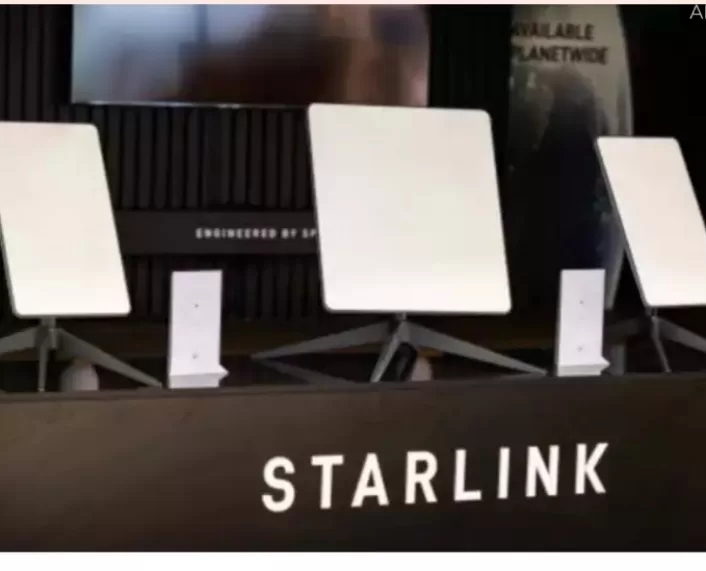After overcoming months of security concerns, Elon Musk’s satellite internet venture, Starlink, is on the verge of receiving the green light from the Ministry of Telecommunications in India.
As reported by The Times of India, a high-level meeting scheduled later this month is expected to address Starlink’s proposal for a global mobile personal communication by satellite (GMPCS) services license. While approval appears likely, potential last-minute issues could still lead to delays.
Securing the GMPCS license represents a significant step for Starlink. However, additional approvals from various government departments and the Department of Space are required before the company can officially accept orders and commence operations in India.
It’s worth noting that other major players, including OneWeb, Jio, and Jeff Bezos’ ‘Project Kuiper,’ are also gearing up to enter the Indian satellite internet market, adding to the competitive landscape.
For Mukesh Ambani’s Reliance Jio, dominating the satellite broadband sector will complement its already impressive portfolio. Reliance Jio boasts 439 million telecom users, establishing itself as the market leader, along with 8 million wired broadband connections, securing a 25% market share.
Starlink has previously advocated for the assignment of licenses rather than an auction for spectrum allocation in India, citing the resource’s nature as a shared asset among companies. They argue that auctions could impose geographical restrictions, subsequently raising costs. On the contrary, Reliance has advocated for an auction, emphasizing that foreign satellite service providers can offer voice and data services, promoting fair competition.
Starlink’s vision aligns with other giants like Amazon’s Project Kuiper and OneWeb, collectively advocating for a non-auction approach.
Starlink initially faced challenges upon entering the Indian market in 2021. The Ministry of Telecommunications reprimanded the company for accepting advance payments from subscribers before obtaining a license. At that time, Starlink had already received over 5,000 pre-orders from Indian customers, each paying $99. In compliance with government orders, the company began refunding these payments.
While the path to approval seems promising, Starlink must navigate the regulatory landscape in India, where the demand for high-speed internet services is on the rise, making it an attractive market for satellite-based communication providers.




